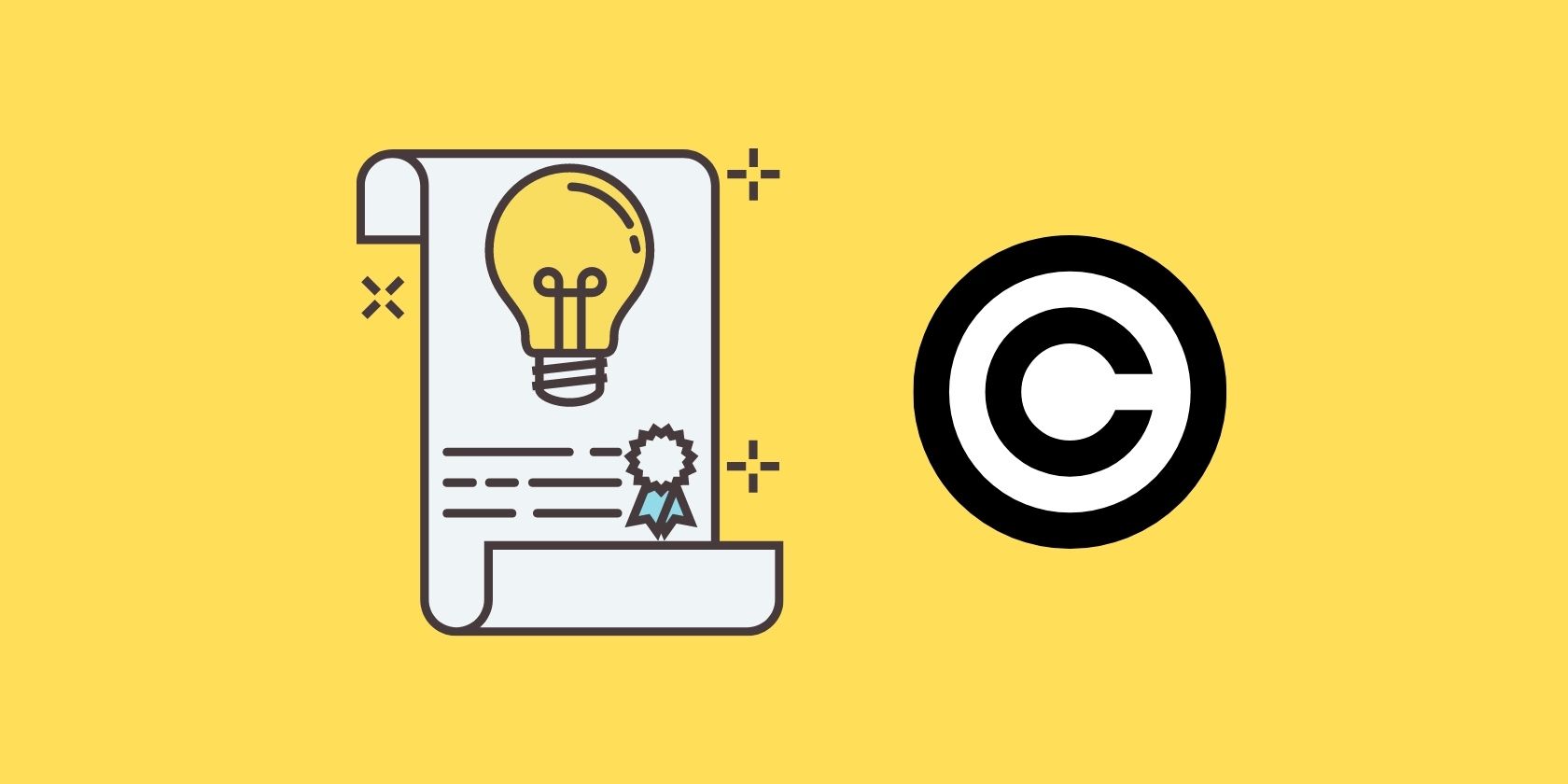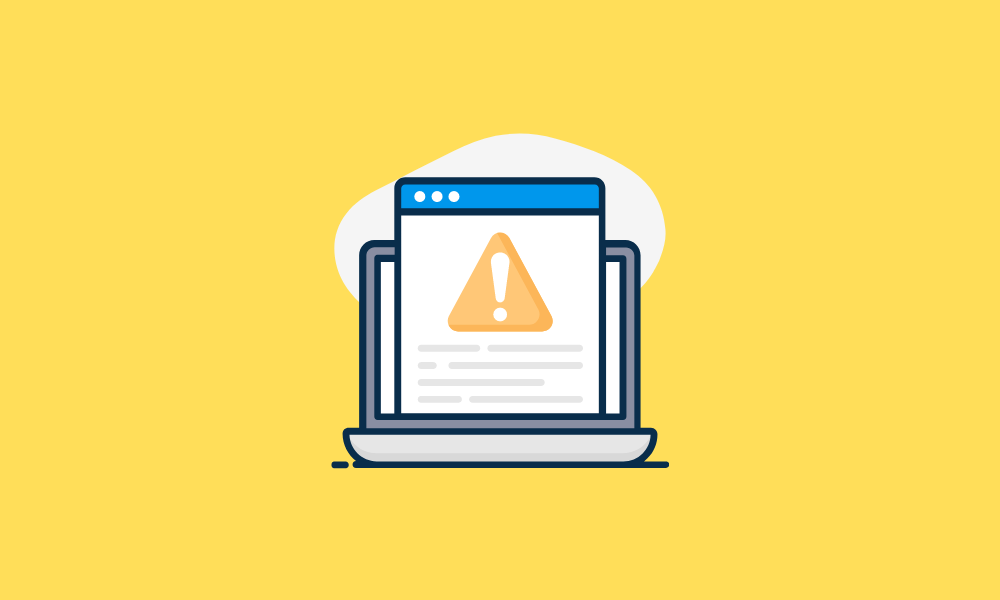Whether we share personal or professional content on the web, it sometimes gets circulated across the globe without our explicit permission. Of course, you agree to specific terms and conditions when you join a social media platform.
Ultimately, we end up sharing others' content through the social media platform. So, the genuine risk for copyright infringement grows as we keep reusing content without knowing its sources.
Malicious actors take advantage of this situation by running copyright infringement scams. But, how does it work? Why do they do it? And, how can you stay safe? Let's find out below.
Copyright Infringement Scams: Here's How They Work
When you share content subject to copyright, you usually receive an infringement/warning notice to take down the content shared or get ready to face legal action. There's nothing to worry about it, for the most part.
Even if it is a copyright troll, the action involves typically removing the content in question, getting necessary permission, or replacing it with copyright-free content.
While that can be scary at times, the chances of receiving a notice for sharing something that's publicly available (for free) are extremely low. But, it is still possible to get a copyright infringement notice through a wide variety of interactions on the internet.
So, attackers send fake phishing emails to make you believe you got a genuine copyright notice for something you shared on your social media account. A lot of people can be lured into a scam using this technique.
A typical fake copyright notice can ask you to send an appeal, deposit money, click on a link, fill out a form, or take action within a specific time.
The true purpose of these phishing emails is to get you to download malware, share your password with them, or fill up a form to grab your personal information. They typically redirect you to a website that looks like an official website of a popular service. The web page might even contain a link to the authorized service to make it look relevant.
But, how do you spot a phishing campaign? How do you check if the copyright infringement notice is fake/genuine?
Fake Copyright Infringement Emails: Spot Them Quick
The best way to spot a fake notice is to check the sender's email address. For instance, if it seems to be coming from "xyz@fakeemail.com," you should cross-check what the domain/website is all about.
Anything that has to do with any content in a particular social media platform should be sent from their official email address. For example, if any of your posts violated any copyright rights on Instagram, the email should arrive through an email address like "xyz@instagram.com."
If you receive a copyright notice from a personal account (Gmail, Outlook, etc.), it is likely a fake email. It is rare to see an individual contact you directly with a full-fledged copyright notice. However, if the content of the email is more personal and does not direct you to click any link or fill out any form, it could be a genuine person reaching out to you.
In addition to the email address, you should also check the content of the email thoroughly. A fake email typically includes a typo, a spelling mistake, or jumbled-up sentences with the same/confusing meaning. It is crucial to check if it lives up to the email address.
Some notices threaten you to deposit a fixed amount of money, whereas some provide you a chance to appeal against them to make the email believable. In some cases, you will also find time-sensitive threats that compel you to take any action within a fixed time period. If the action concerns clicking a link or filling up a form, you should ignore it.
However, if the email asks you to remove specific content without any other action required from your end, it can be an important email. So, make sure to cross-check what you recently shared on your account.
In either case, you may want to look it up on Google or any other search engine to differentiate the copyright notice you received with a genuine version of it (if something like that even exists).
How to Stay Safe From Copyright Infringement Scams?
As long as you can spot fake emails quickly, you'll be fine for the most part. However, if you remain confused and do not have enough time to thoroughly check the contents/links in an email, you can follow some preventive steps.
If you keep the following tips in mind, you should always be safe, even if you somehow believed the fake email for a moment:
- Learn how copyright infringement notice works: If you are actively using a particular social media site, we suggest you go through its official documentation or help resources to know how copyright notices work on the platform. This should make it easier to spot fake email notices.
- Open links in the incognito tab: You should start opening the links in a separate incognito/private window, whether it is an official email or a fake copy. This way, you will get to reveal the entire URL in a dedicated space. Take your time checking the website name and the look of it. Considering you're not logged into any services in that mode, it will be easy to spot some abnormalities.
- Reach out to a friend: Ask a friend who might be aware of copyright infringements or fake emails if you need help.
- Use 2FA: Enforce two-factor authentication for your online accounts: This will ensure that even if you share your password in a fake online form, the additional authentication method will prevent your account from being hijacked.
- Use a password manager: With a password manager, you can enforce stronger passwords and regularly change the password of your social accounts.
Overall, before you interact with any email, think twice and cross-check the information you come across. You should be able to stay safe from any kind of phishing campaign.
Do Not Share Media Content Without Verifying the Source
The best way to avoid copyright infringement notices is to be cautious about what you share on the internet. If you have done the research, verified the source, or have the explicit permission, you do not need to worry about an infringement notice being fake or real.
If you think you may have shared copyrighted material using any medium, you should thoroughly check the email before taking action. And, if the email turns out to be real, seek legal advice from an expert before doing anything from your side.



